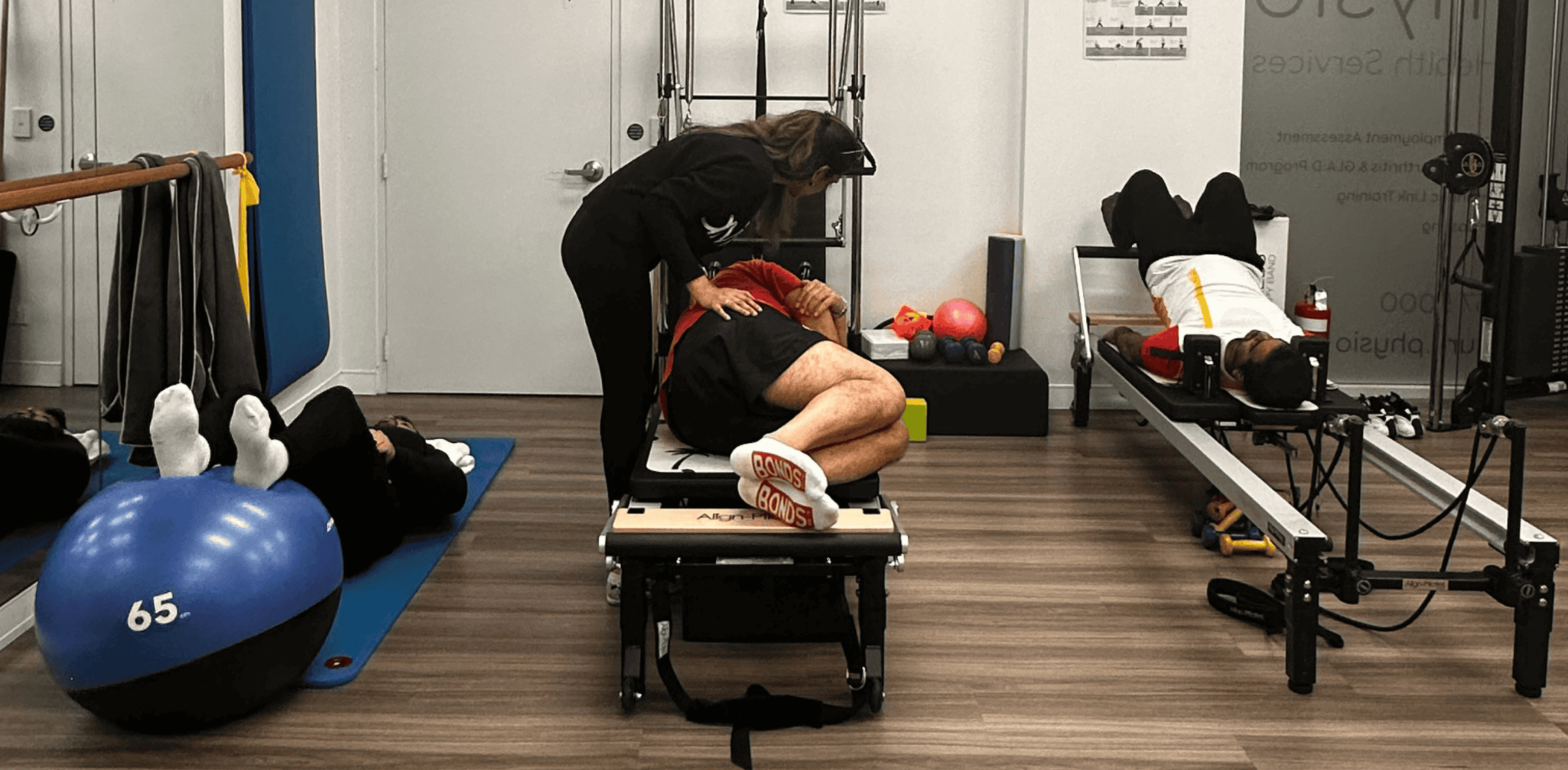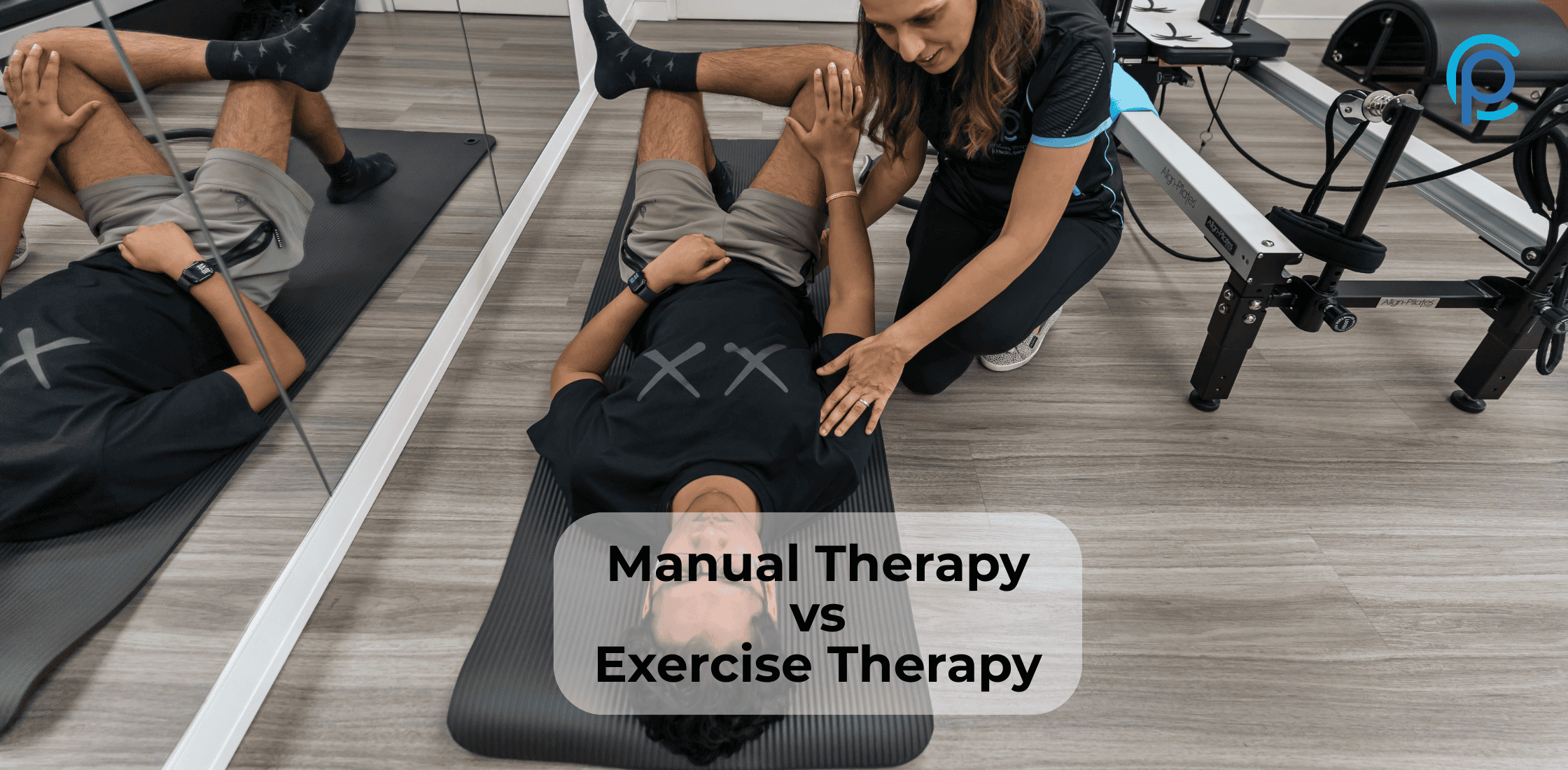People start refusing treatment when they find themselves stressed about things like getting in a car, an unfamiliar parking space, and crowded clinics. And this anxiety is real. It’s hard to see the confidence of your loved one chipping away because of the movement challenges they face.
There comes an NDIS-registered mobile physio. Instead of you finding your way to the therapist, they come to your environment for the therapy. This saves you from the hassles of taking an appointment, traveling, finding parking, and dealing with an unfamiliar crowd in the clinic.
Now let’s break down the key steps and considerations for finding the right provider.
Why Choose a Mobile NDIS-Registered Physio?
A mobile physiotherapist travels to you, eliminating transport-related fatigue and allowing therapy in a space where you feel most comfortable. If the provider is registered with the NDIS, it means they’ve met strict safety, training, and service standards—and your NDIS physiotherapy can be covered under your plan.
Benefits of Mobile NDIS Physiotherapy:
- Skip travel stress: It saves you from arranging travel to the therapist.
- Personalised treatment: Exercises and recommendations are according to your own environment.
- Funding-aligned care: Registered providers know how to align your therapy with your NDIS goals and reporting needs.
Real-Life Challenges Mobile Physio Can Address
If you observe, you will realize that for people living with chronic pain or movement challenges, physiotherapy is not just about reducing pain. They look for regaining confidence, stronger movements, and, most importantly, independence. Commonly faced challenges could be
- Difficulty getting out of bed or moving around safely
- Risk of falls or reduced balance
- Chronic or acute pain interfering with daily tasks
- Uncertainty navigating NDIS plans and paperwork
- Feeling misunderstood by clinicians who don’t listen or personalise care
A skilled mobile physiotherapist helps address these with empathy and practical support, not just technical intervention.
5 Tips for Finding the Right NDIS-Registered Mobile Physio
1. Check NDIS Registration
NDIS offers plans- Self-Managed, plan-managed, or NDIA-managed. And NDIS registration assures you that your physiotherapist has met all the quality standards and can work with any type of plan. For a personal recommendation, you can use the official NDIS Provider Tool or have a word with the support coordinator.
2. Find Experience with Your Specific Condition
You are right- every physio has their areas of expertise. During your initial consultation, don’t hesitate to ask about their background with cases like yours. For example:
- “Have you worked with clients recovering from stroke or spinal cord injuries?”
- “What experience do you have working with children with autism?”
- “Do you offer specialized services like women pelvic health physiotherapy for post-natal recovery?”
The right provider should be able to share examples or outcomes from similar clients.
3. Ask About Home Visit Equipment and Safety
Qualified mobile physios will bring all necessary tools—exercise bands, mats, weights—and assess your home for fall risks or barriers to daily mobility. They may even make recommendations for assistive equipment or home modifications that align with your NDIS goals.
4. Understand Their Treatment Approach
The best physiotherapists:
- Collaborate with you and your support network
- Focus on goal-setting and functional outcomes
- Adjust therapy plans based on your progress
- Empower you to safely practice exercises between sessions
5. Assess Communication and Reliability
Look for someone who:
- Is punctual and professional
- Communicates clearly (no medical jargon overload)
- Builds trust and rapport—learn more about our experienced physiotherapy team and their approach to patient care
- Ensures the health goals are met and treatment is personalised as per the need
What Should an Ideal NDIS Physio Offer?
NDIS-focused mobile physios often provide a broad range of services beyond standard rehab. These may include:
- Comprehensive Assessments of mobility, strength, and pain
- Personalised Treatment Plans built around your goals
- Balance and Falls Prevention Programs
- Strength and Conditioning
- Pain Management Strategies
- Neurological Rehabilitation (for stroke, MS, Parkinson’s, etc)
Conclusion
Mobile physiotherapy is about convenience. However, trust is important when allowing someone to enter to safe space. And hence, choose a mobile NDIS physiotherapist who feels respectful, relevant, and effective.
If you’re in Sydney and searching for this kind of personalized, professional, and trusted care, explore our comprehensive physiotherapy services or contact Procure Physio. Their team is well-equipped to bring evidence-based physiotherapy directly to NDIS participants, working with you to achieve your goals in the environment where you’re most comfortable – your own home.


